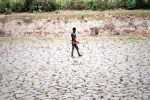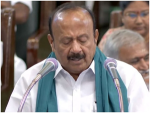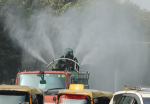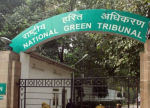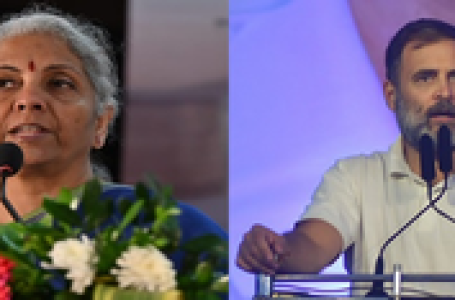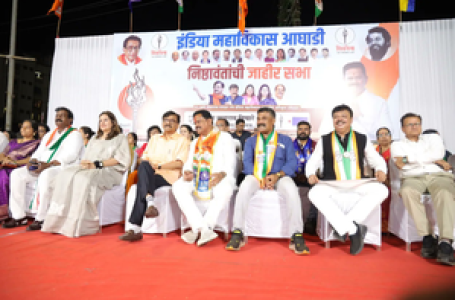By Sujit Chakraborty
Sep 03, 2020
Shillong: The Union Jal Shakti Ministry has prepared a bill which is likely to be tabled in the upcoming monsoon session of Parliament for better utilisation of the water resources of India’s northeast region, which can provide 60,000 MW clean energy to the country, NITI Aayog Vice-Chairman Rajiv Kumar said.
Kumar said that the bill, which would facilitate the formation of the North East Water Management Authority (NEWMA), is ready in consultation with the Chief Ministers of the eight northeastern states, experts and all stakeholders. “At the initiative of the NITI Aayog, work for the 2,000 MW electricity generation capacity Lower Subansiri Hydroelectric Project has been started.”
“The commissioning of the mega power project along the Assam-Arunachal Pradesh border would be the beginning of the full exploitation of 60,000 MW energy potential of the northeastern region,” Kumar said while speaking at a seminar from a virtual platform on Wednesday. “Northeast can be a big provider of clean energy to the rest of the country. Besides the Centre, both Assam and Arunachal Pradesh would work mutually to complete the project in its timeline.”
The seminar on the theme “India’s North East: Development Challenges and Strategies in the post COVID-19 Era”, was organised by the Shillong based think tank and research body “Asian Confluence.”
Kumar said that the Brahmaputra Board would be subsumed within the NEWMA and all out efforts would be made for the better utilisation of the water resources of the northeastern region, flood mitigation, erosion and environment management in a people friendly manner. “I have consulted with Union Jal Shakti Minister Gajendra Singh Shekhawat and Brahmaputra Board Chairman Rajiv Yadav on the progress of NEWMA. The minister informed me that the bill is ready,” he said.
Rajiv Kumar said that after the formation of the NITI Forum, two meetings were held in Guwahati and Agartala which identified five areas – tea, tourism, bamboo economy, fisheries and dairy – to boost the economy of the northeastern region.
To develop the infrastructure for the five identified sectors, Kumar suggested funding from the New Development Bank, Asian Development Bank, World Bank besides private investment and Foreign Direct Investment.
“We have to make Northeast India attractive for more and more private investment as well as foreign investment. Public-Private Partnership initiative must be undertaken to develop the infrastructure and to reduce the project risk for the investors. Agriculture and horticulture dominate a large part of the economy of the region. Diversification of agriculture is essential and the Sikkim model in organic farming and agro processing must be followed,” Kumar pointed out.
He informed that a joint working group was formed by the NITI Aayog and the Ministry of Development of North Eastern Region (DoNER) to push forward the five identified sectors.
The NITI Aayog deputy chief said as the MSME (Micro, Small and Medium Enterprises) sector has been suffering, the states can take collaborative initiatives with the small industry associations to boost the sector. “Money and credit with reasonable rates are available. States must take a lead to facilitate them to the small, micro and medium enterprises individuals and groups. A model of funding similar to Bangladesh’s Grameen Bank for extending credit to the MSME sectors is being considered,” he said.
Kumar said that the NITI Aayog has the mandate of overseeing the adoption and monitoring of Sustainable Development Goals in the northeast region by 2030.
Former union Tourism Ministry secretary M.P. Bezbaruah participating in the discussion said that amidst the gloomy economic situation due to the Covid-19 pandemic, funding is a big problem for the northeastern states while the region is heavily dependent on the other states of the country and central assistance. He emphasised the need for regulatory reforms, private investment and good governance for implementation of the viable schemes and projects.
“Asian Confluence” Executive Director Sabyasachi Dutta said that his organisation has been holding a series of dialogues and interactions on the common theme for better use of the resources and better linkages with the neighbours of the region.IANS





